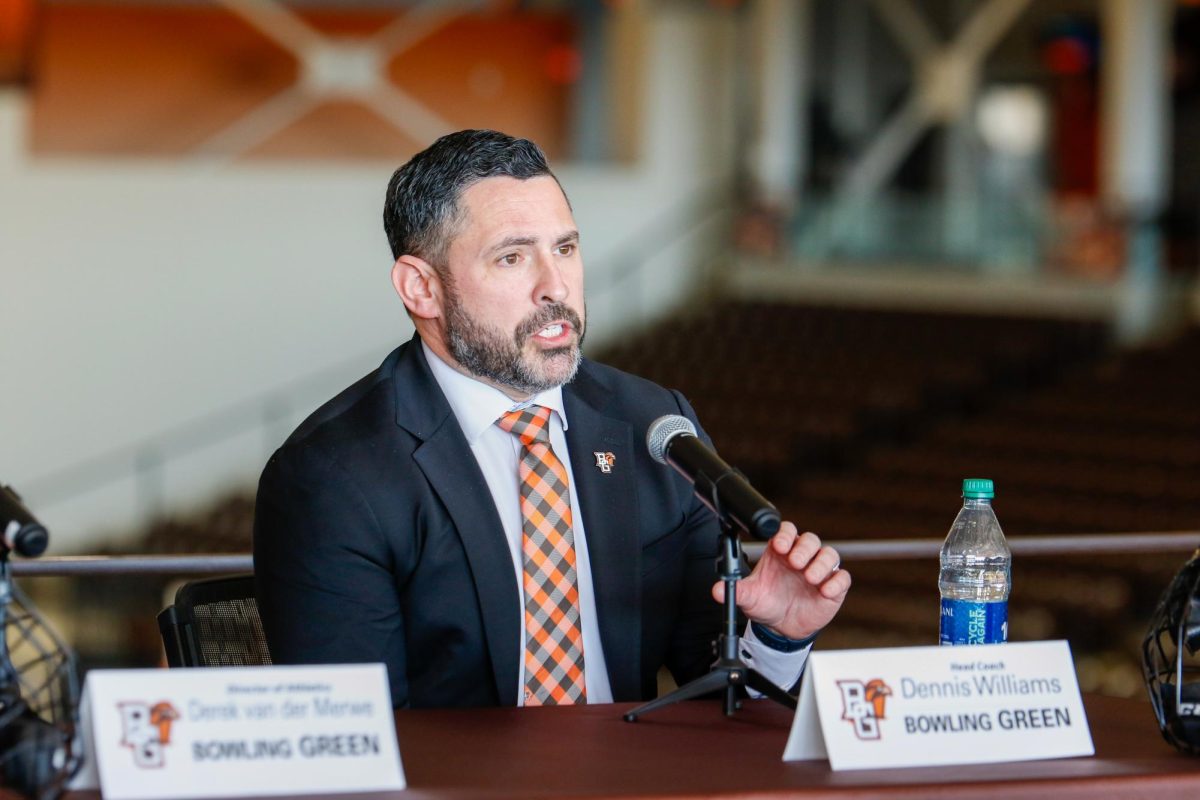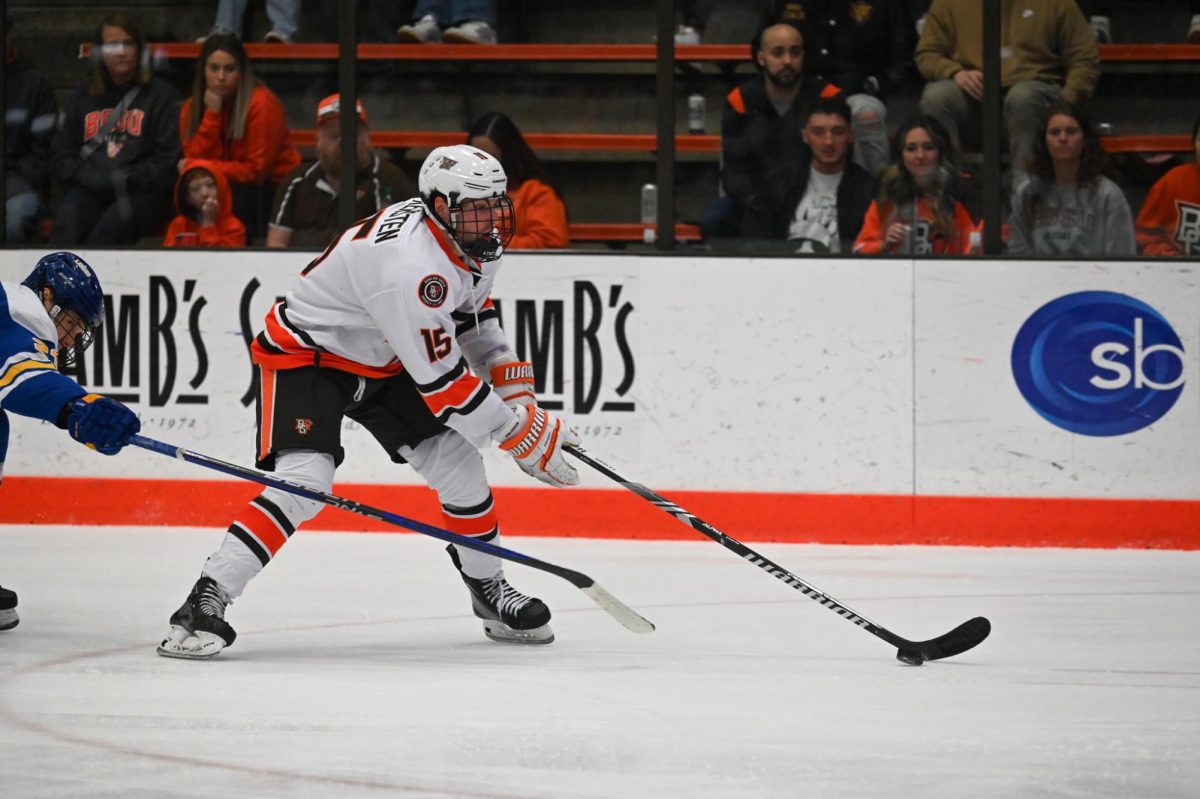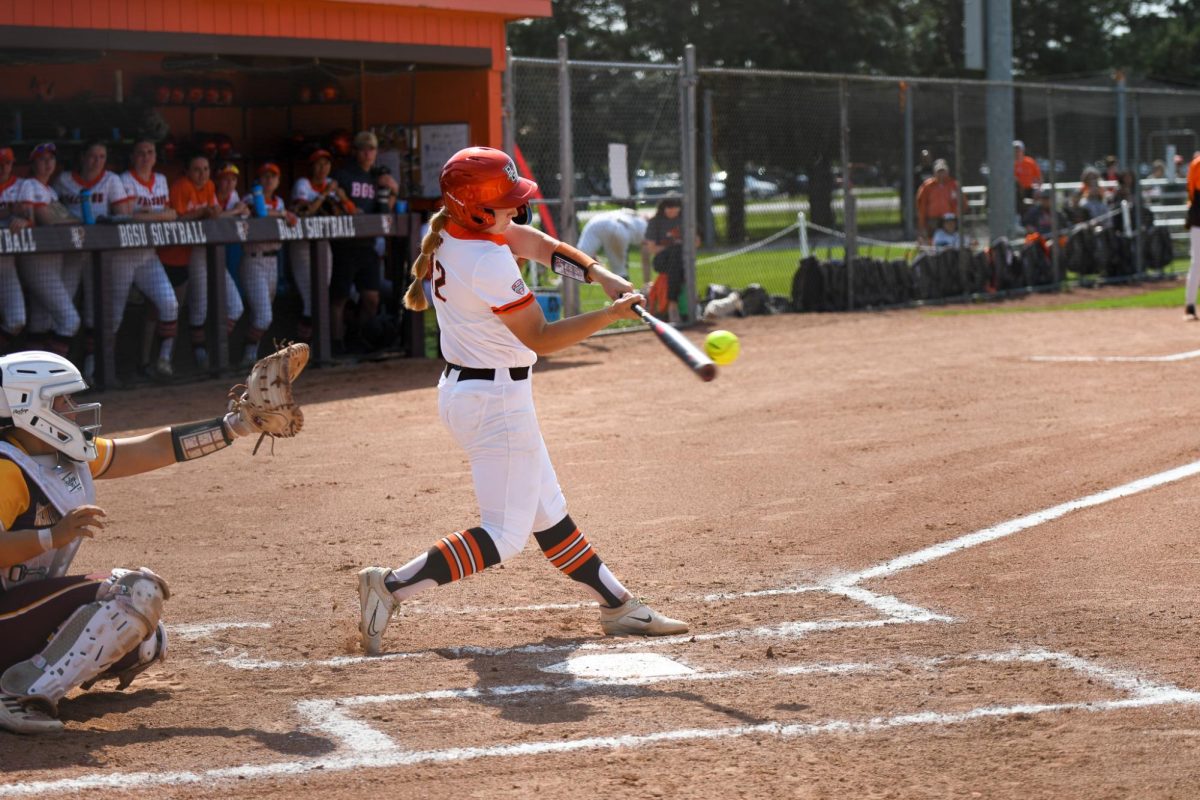The growing concern for head trauma in contact sports has put pressure on professional leagues like the NFL and NHL to submit to changes. Changes to rules and how the game is played in order to protect the players. At the NCAA level, the hope is to teach players still in the development stage of their career.
Dan Fischer, assistant athletic director for sports medicine at BGSU, has seen his job change over the past couple of years. The amount of information being brought to the scene has increased since Fischer was a student.
“How we return athletes to play and to learn (has changed). Taking the proper steps, going through the proper protocols,” he said, “we need to make sure they’re safely engaging them back into school or back into play.”
The concern that has been connected with the process of going through any injury is that an athlete could become impatient. They feel that they might be ready to play, and therefore they will try to rush back into action even if their body isn’t ready for it.
The rise in incidents involving concussions and the trauma that comes with them has, perhaps, put a focal point on the extended process for an athlete.
“Definitely now there’s no rush at all. It’s no different than if you sprain your ankle. If you can’t play you can’t play. You’re not going to be forced into something you’re not ready for,” Fischer said.
Before, there might have been a waiting period after concussion-like symptoms and if the symptoms didn’t return the athlete was okay to go. Now it is a step-by-step progression where a little more activity is brought to the athlete each day, testing if the uptick in movement and exercise causes discomfort.
“If we’re on day two or three and we have the athlete riding 30 or 40 minutes on the bike and they say ‘hey I’m starting to feel something’, well then we stop,” he said.
In the short-term, athletes may be brought off the playing surface in the middle of the game after a hit to the head. Fischer, who works primarily with the hockey program, has even dealt with opposing players that need to be evaluated.
Competition is always going to be flowing in the middle of a game. It may be hard for an athlete to realize it may be in their best interest to not return to the action.
“Clearly we are capable of evaluating those and making an informed decision. If it doesn’t smell right, you’re not going,” Fischer said. “When I’m on the road I have trust that (an opposing team’s) physicians are going to guide us the right way. When a kid is injured, the jersey is off. That doesn’t matter.”
Trust is also involved when dealing with the program’s own student athletes. They are the one’s going through the injury. Sometimes the athlete feels something that a trainer or a doctor can’t see.
“We rely a lot on the student athlete’s input. Look at an ankle injury. I can have them run and sprint and do all of these things and they look fine, but if they say it still hurts—well it still hurts. Same thing with head injuries. We’re going to get to the bottom of it,” Fischer said.
A student athlete now, has more education and information available to them than a student athlete 15 years ago had. Fischer sees these athletes use it to their advantage in the recovery process. These student athletes are taught “don’t hide it and be honest.”
The same can be said for the mental side of the student athlete life off the field. Going through the struggle of school and sport isn’t easy and Fischer and his staff understand that. They encourage any and all dialogue on the subject.
“They’re students first. They’re dealing with things that any other student would, so we do deal with it quite a bit,” he said. “The biggest thing is educating. It’s okay to talk about these things now.”



















